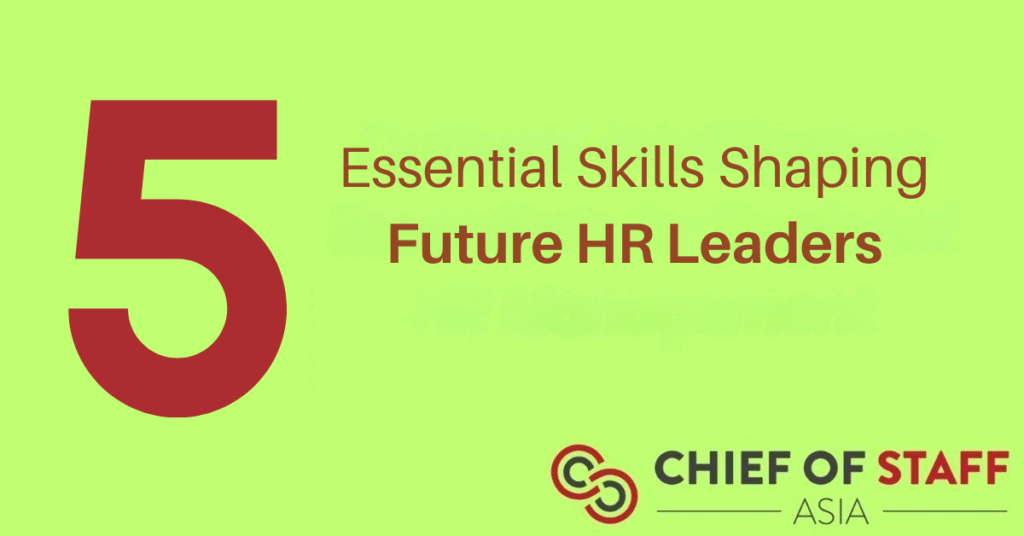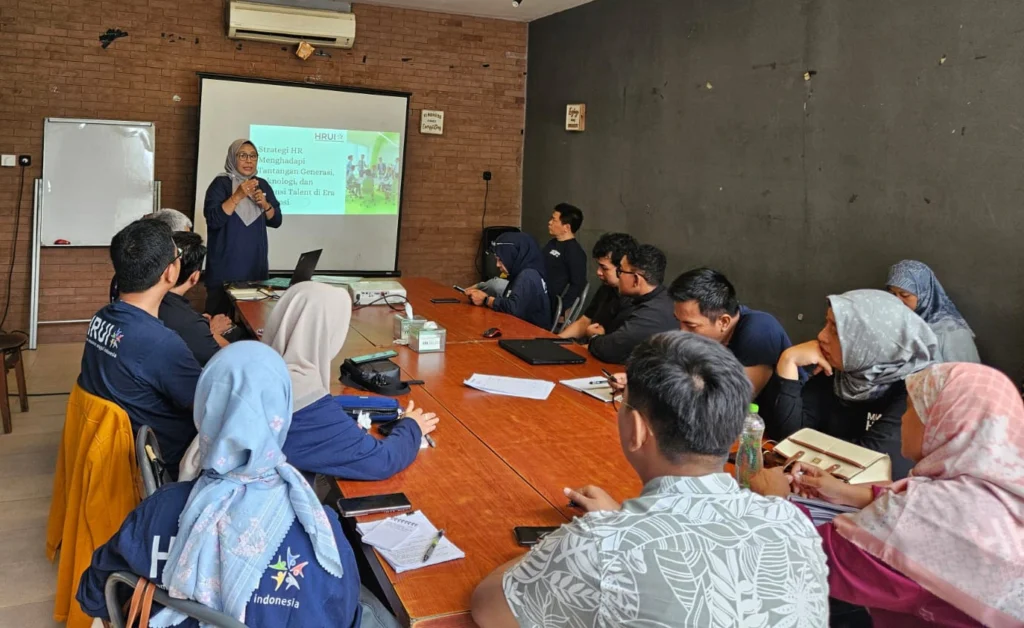Across Southeast Asia, organisations are learning that digital transformation isn’t just about tools — it’s about mindset. Building a digital-first company culture means embedding technology into the way people work, communicate, and grow, while ensuring employees embrace, rather than resist, change.
For many companies, this begins with leadership buy-in. Leaders who model digital adoption — from using collaboration platforms to participating in virtual training — send a strong signal that technology is central to future growth. Equally important is equipping employees with the skills and confidence to engage with digital tools, reducing the fear that often accompanies rapid change.
Culture shaped by digital practices
Digital-first cultures are built through everyday practices. Cloud-based platforms allow employees to access HR services, training, and performance feedback anytime, fostering autonomy and transparency. Communication apps enable cross-border teams to collaborate seamlessly, while digital recognition platforms celebrate achievements in real time, strengthening morale and connection.
Regional players are showing how this can work in practice. In Malaysia, Kakitangan.com helps SMEs adopt digital HR processes like payroll, leave tracking, and employee records, ensuring even smaller firms can foster a digital-first mindset. In Indonesia, Gadjian’s HR platform streamlines routine tasks, freeing HR teams to focus on culture-building initiatives. Meanwhile, Singapore-based EngageRocket provides analytics that help leaders understand engagement levels and tailor digital strategies to workforce needs.
Ultimately, a digital-first culture is less about replacing human connection and more about enhancing it. By embedding technology into the employee experience, companies create workplaces that are agile, data-driven, and prepared for the demands of an increasingly digital economy.









